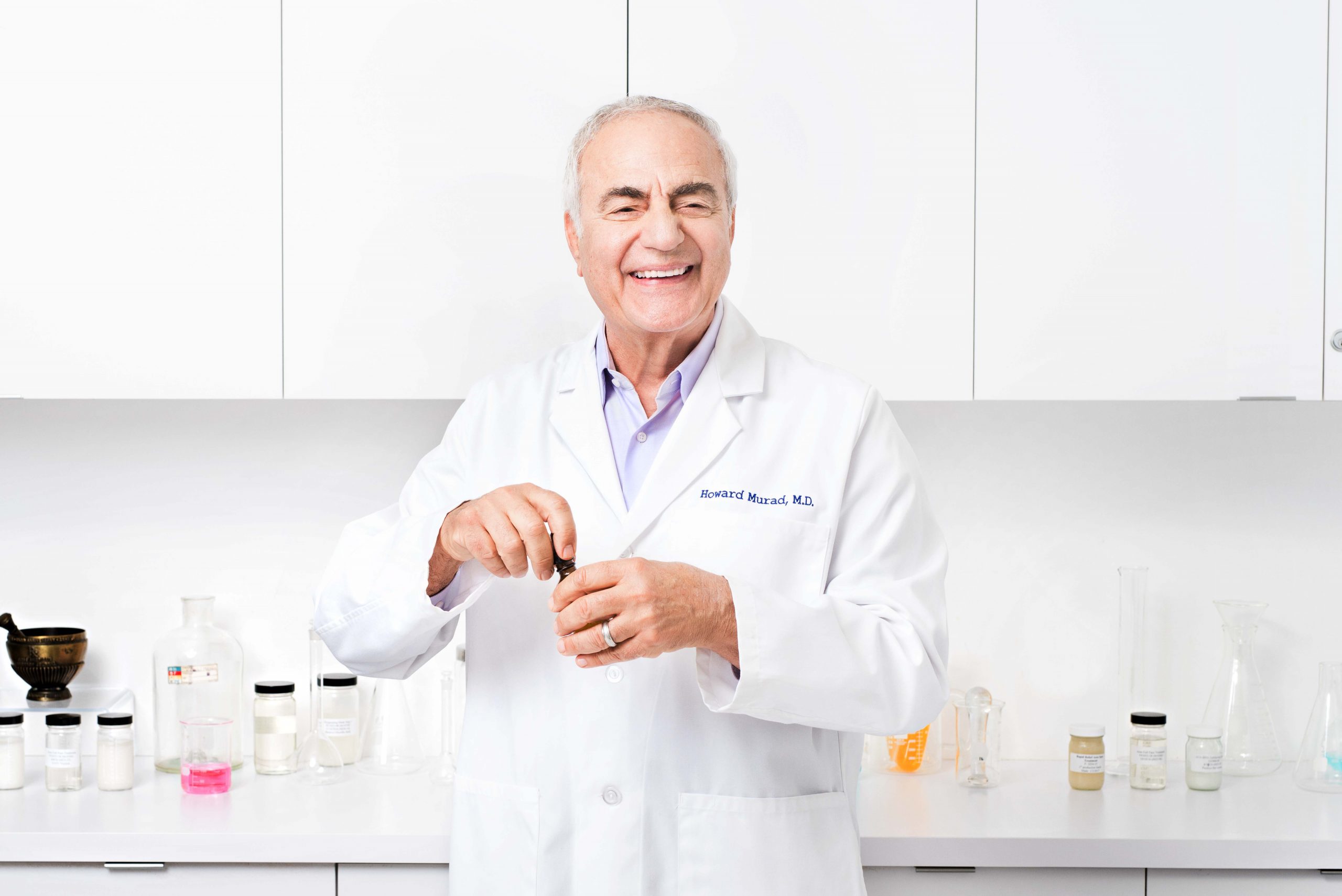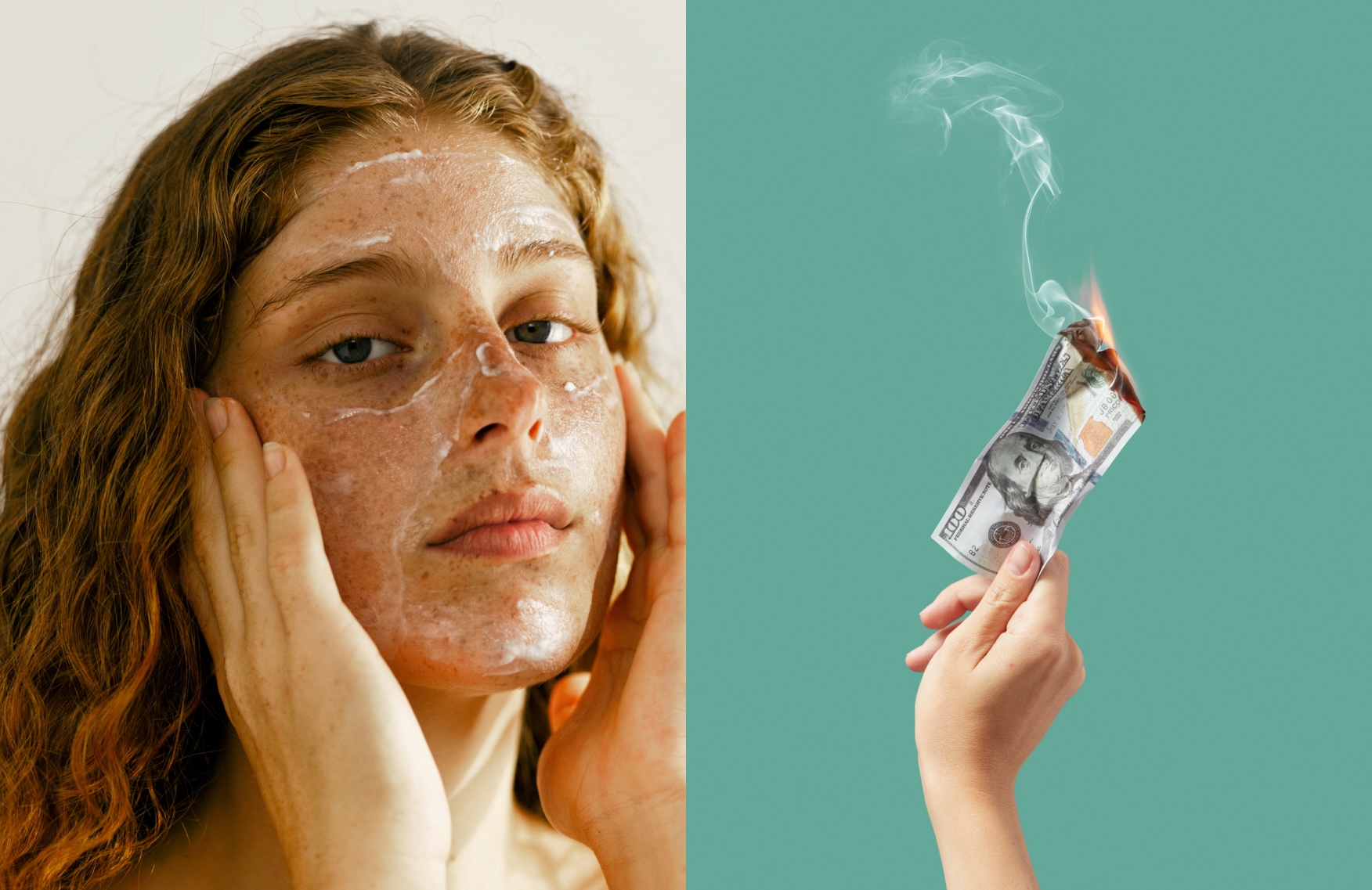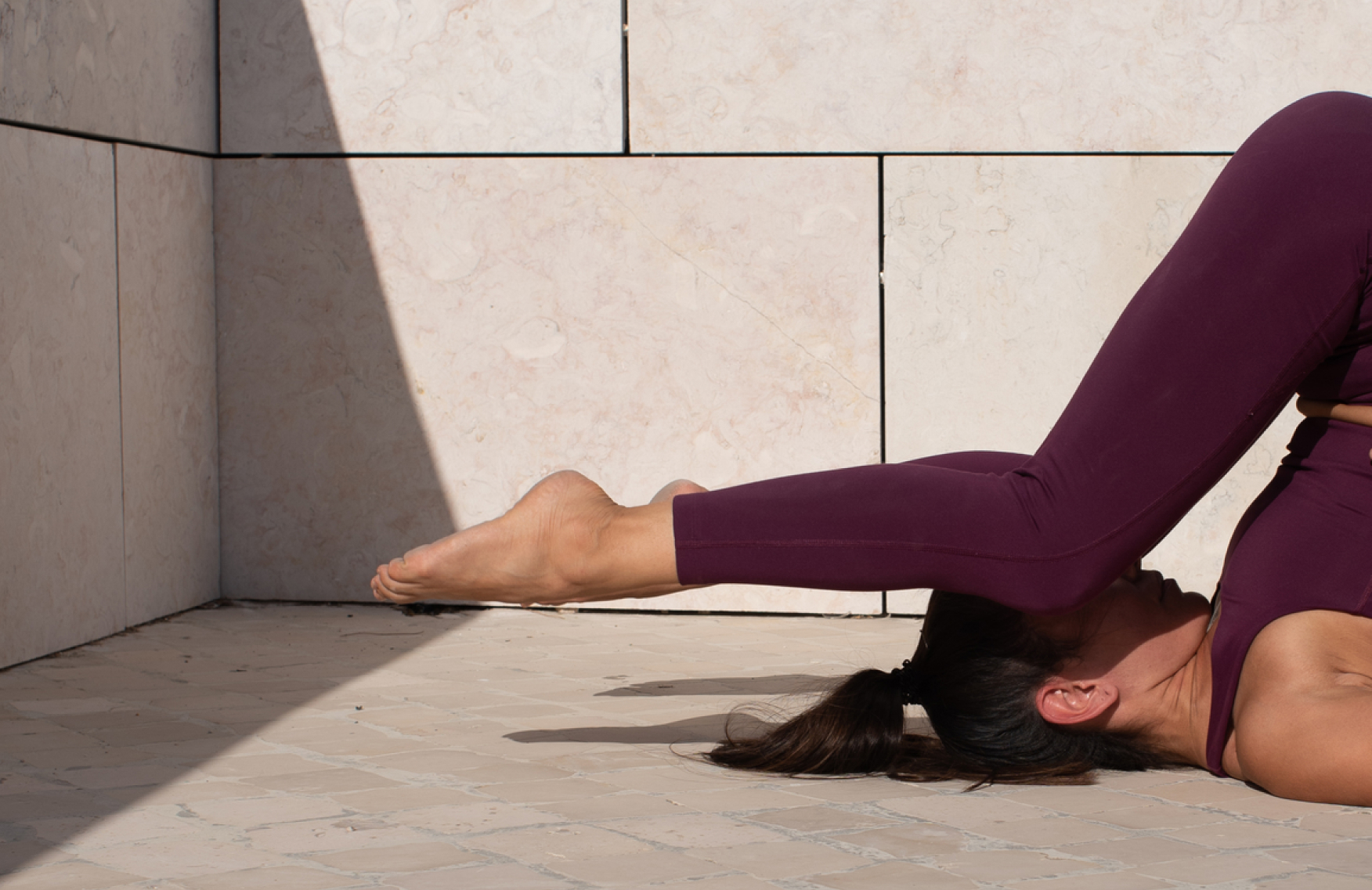Feeling blue light: From poor sleep to pigmentation, what screen time is *actually* doing to you

Nonstop digital connectivity means that most of us are exposed to more blue light than ever before in human history. Is this a problem? Consider this: Spending four eight-hour workdays in front of a computer exposes you to the same amount of energy as 20 minutes in the mid-day sun.
Dr. Howard Murad, board-certified dermatologist and founder of Murad Skincare
With the new world order of working from home, screen-hopping from your small screen to your mid-sized screen to your big screen all day may mean that many of us are basking in blue light—a part of the spectrum of high-energy, visible light that radiates from the sun and, to a lesser degree, electronic devices.
“While the majority of blue light exposure is still from the sun, it is important to know these other sources of blue light exposure,” says Dr. Marisa Garshick, a board-certified dermatologist and assistant clinical professor of dermatology at Cornell. “As we learn more about the impact of blue light on the skin, we are learning that blue light can contribute to signs of aging such as hyperpigmentation, fine lines and wrinkles.”
Given the increasing prevalence of blue light in daily life, research around the effects of blue light on skin is always evolving. Dr. Indermeet Kohli, a research scientist at Henry Ford Health System—which spearheaded one of the original studies on blue light and skin in 2010— says redness and pigmentation are among the concerns his team have found.
According to Dr. Kohli, about two-and-a-half to three hours of continuous sun exposure will result in redness and pigmentation, but as far as electronic devices are concerned, the jury is still out: “It will take much, much longer,” Dr. Kohli says, “and may not even happen depending on the differences in the intensity and composition of the light output of these devices.”
Studies have also shown that too much exposure to blue light can impact sleep and circadian rhythms, since our bodies use blue light from the sun to regulate our natural wake cycles by boosting alertness and elevating moods. “This is why we shouldn’t sleep with our cell phone near our bed,” Dr. Murad says. “Even small bursts of blue light can disrupt the sleep cycle. Over time, this can have cumulative negative effects on our body’s rest, restore and repair functions, which, over time, accelerate the effects of aging.”
But there is a flip side to blue light. During the day, it helps us feel awake and energized, and can even help lift moods. Dermatologists also use targeted blue light emissions as part of photodynamic therapies (PDT) to kill cancerous and precancerous cells. Because blue light is intrinsically antimicrobial, it is also commonly used to treat acne, psoriasis, eczema and other skin inflammations.
“When patients have gotten PDT, they’re treating superficial skin cancers, but you also see this nice evening tone of their skin,” says Dr. Sarika Snell, a Georgetown-educated, board-certified dermatologist. “It shows that in certain wavelengths of blue light, we’re actually seeing a benefit in the skin tone and texture.”
Since giving up devices is not realistic for most, what can we do to combat blue light’s potential negative effects? For starters, wear sunscreen (yes, even indoors), particularly mineral sunscreens containing iron oxide. “Although physical blocker sunscreens such as zinc or titanium-based sunscreens can help block some visible light, look for products that include specific protection against blue light,” Dr. Garshick says.
Additionally, Dr. Garshick and Dr. Snell suggest that blue light-blocking screen protectors for devices can be helpful. They recommend antioxidants such as vitamins C and B3, or niacinamide to protect against free radical damage, as well. “There are also plant extracts, such as microalgae, that have been shown to help with some of the effects we see,” says Dr. Snell. “It’s hot topic, there’s so much material and advice on the Internet. Some of it is true, some of it is not. It’s good to see a board-certified dermatologist to get your questions answered.”



